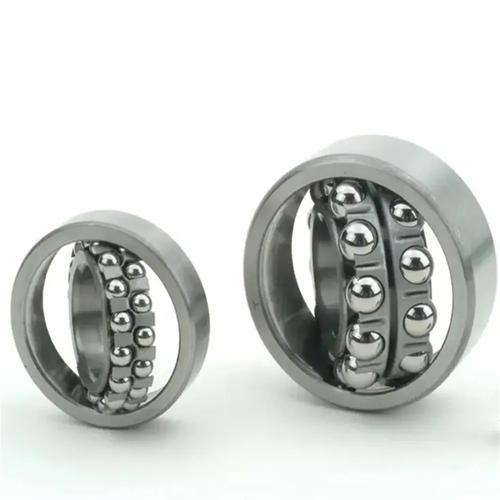Ultimate Guide to Industrial Bearings for Sale: Types, Selection, and Maintenance Tips
Industrial bearings are critical components in machinery, enabling smooth rotation and reducing friction between moving parts. They are widely used in industries like manufacturing, automotive, and aerospace. This guide explores key aspects of purchasing industrial bearings, ensuring you make informed decisions for optimal equipment performance.
Table of Contents
1. Types of Industrial Bearings2. How to Choose Industrial Bearings
3. Top Industrial Bearing Suppliers
4. Industrial Bearing Maintenance Tips
5. Applications of Industrial Bearings
1. Types of Industrial Bearings

Industrial bearings come in various designs, each suited for specific applications. Ball bearings, roller bearings, and thrust bearings are among the most common. Ball bearings handle radial and axial loads with low friction, ideal for electric motors. Roller bearings, including cylindrical and tapered variants, support heavier loads in conveyor systems. Thrust bearings manage axial forces in gearboxes. Understanding these types ensures you select the right bearing for your machinery's demands.
2. How to Choose Industrial Bearings
Selecting industrial bearings involves evaluating load capacity, speed ratings, and environmental conditions. Consider radial and axial load requirements, lubrication needs, and material durability. Stainless steel bearings resist corrosion in harsh environments, while ceramic options offer high-temperature resistance. Always verify compatibility with existing machinery and consult supplier specifications to avoid premature failure.
3. Top Industrial Bearing Suppliers
Reputable suppliers like SKF, Timken, and NSK provide high-quality industrial bearings. SKF specializes in precision-engineered solutions for heavy industries. Timken excels in tapered roller bearings for automotive applications. NSK offers cost-effective options with extended lifespans. Verify certifications like ISO 9001 and request product samples to ensure quality before bulk purchasing.
4. Industrial Bearing Maintenance Tips
Regular maintenance extends bearing lifespan. Lubricate bearings according to manufacturer guidelines to reduce wear. Monitor vibration levels and temperature fluctuations to detect misalignment early. Use proper tools during installation to avoid damage. Implement condition-based monitoring systems to schedule timely replacements and minimize downtime.
5. Applications of Industrial Bearings
Industrial bearings are vital in wind turbines, robotics, and mining equipment. They ensure precision in CNC machines and reliability in agricultural machinery. Aerospace applications demand ultra-high-speed bearings with minimal weight. Always match bearing specifications to operational requirements for optimal performance.
Whether you're sourcing bearings for heavy machinery or precision equipment, this guide covers essential factors like type selection, supplier reliability, and maintenance strategies. By understanding these elements, you can enhance operational efficiency and reduce costs. Explore each section to make data-driven decisions for your bearing needs.
In summary, selecting the right industrial bearings requires analyzing load types, environmental conditions, and supplier credibility. Proper maintenance ensures longevity, while understanding applications maximizes ROI. Use this guide as a roadmap to navigate the complexities of industrial bearing procurement and optimization.




 13869596835
13869596835